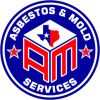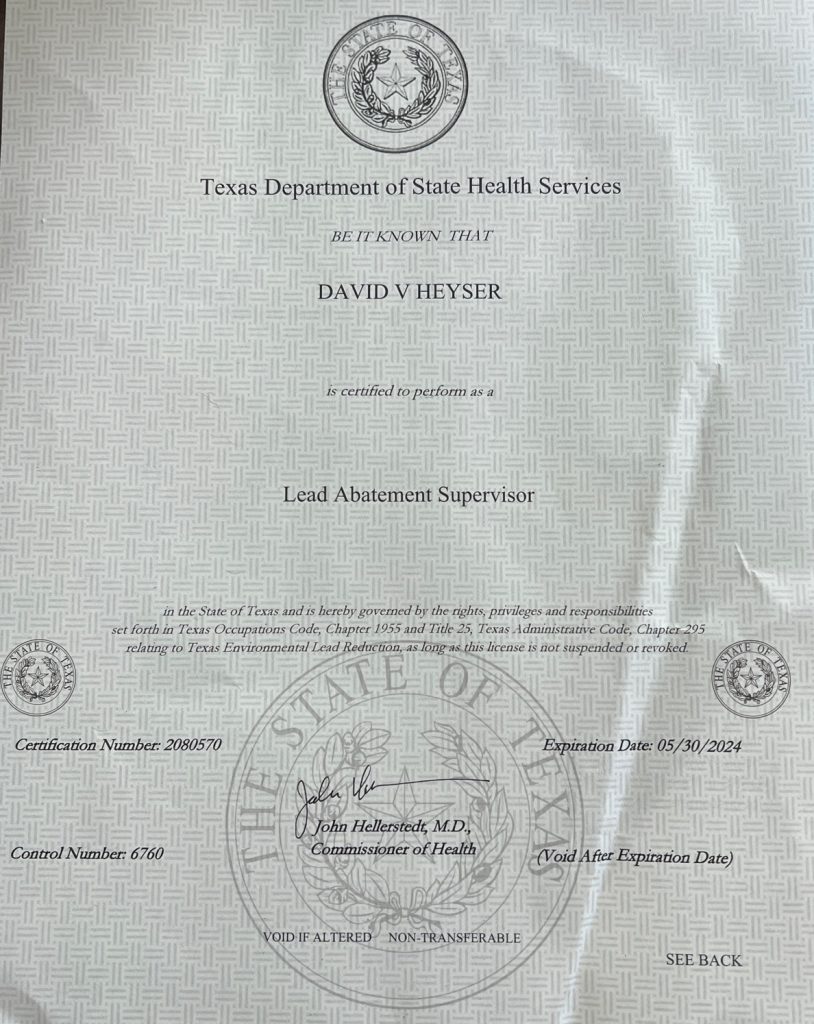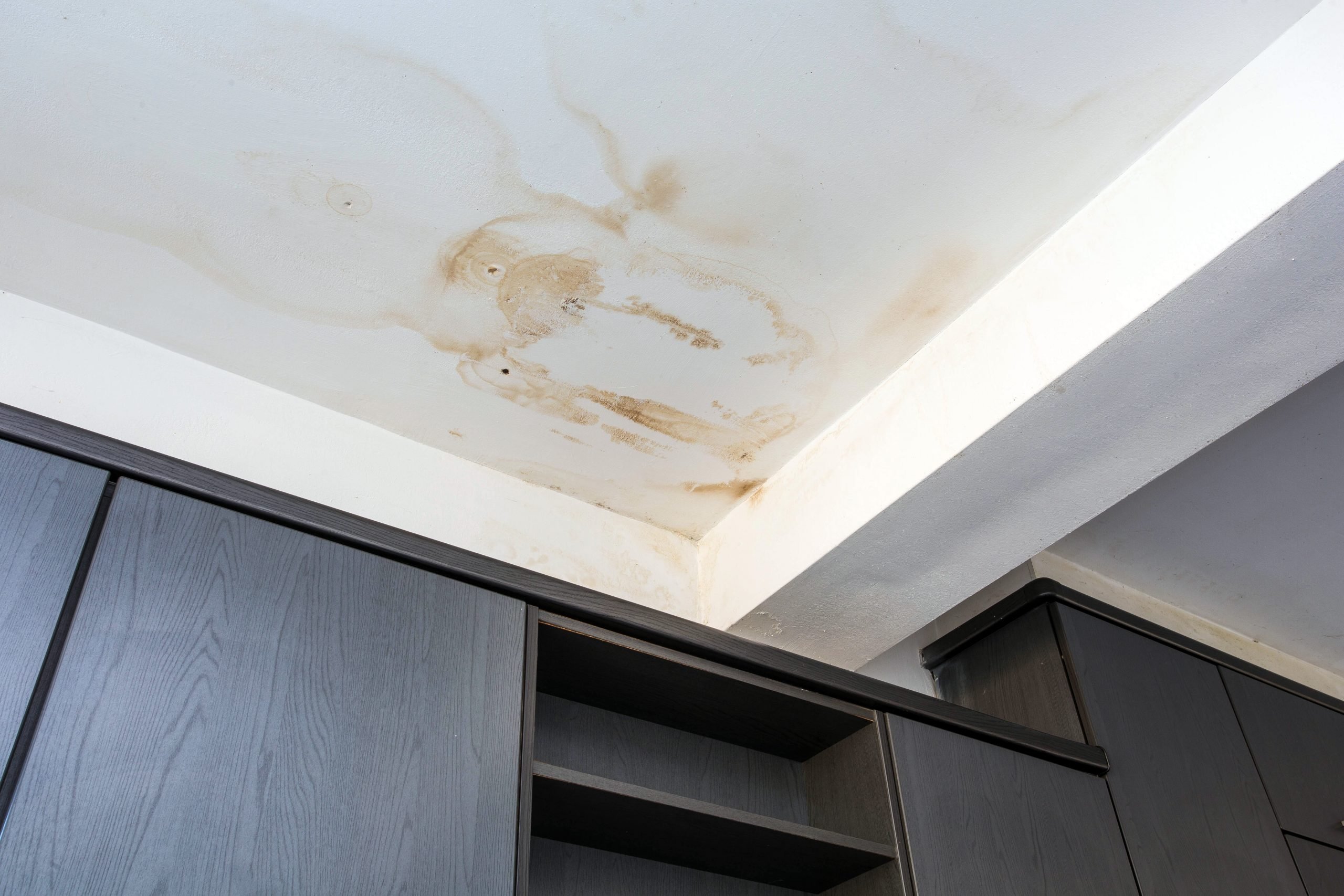The U.S. Environmental Protection Agency (EPA) banned lead-based paint for residential use beginning on January 1, 1978. In order to do any lead-based paint activity in these structures, such as lead inspections, lead risk assessments, lead hazard screens, or lead abatements, companies conducting this work must be certified (licensed) by the Texas Department of State Health Services (DSHS), Environmental Lead Program. In the absence of testing documentation to show that no lead-based paint is present, homes and child-occupied facilities built before 1978 must be assumed to contain lead-based paint.
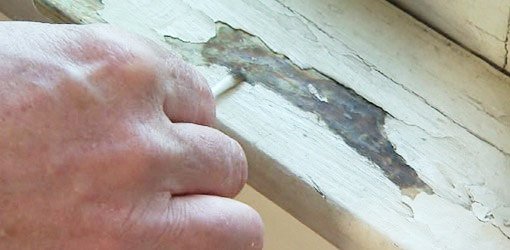
Why Should I Have My Houston TX area Home Inspected For Lead?
If your child has been diagnosed as having lead poisoning. The most common home-based source of lead exposure is deteriorating lead-based paint and the resulting dust.
If you live in a home built before 1978 where small children are or will be living.
If you are concerned about possible lead exposure to you, your family, pets and visitors.
If you are about to remodel or do anything that will disturb lead-based paint or generate lead-based paint dust and chips that can harm you and your family.
If you are renting or buying a home. When buying a home, federal law allows the purchaser the opportunity to conduct testing to determine whether lead-based paint or lead-based paint hazards are present. This is especially important if you have (or plan to have) young children in the home.
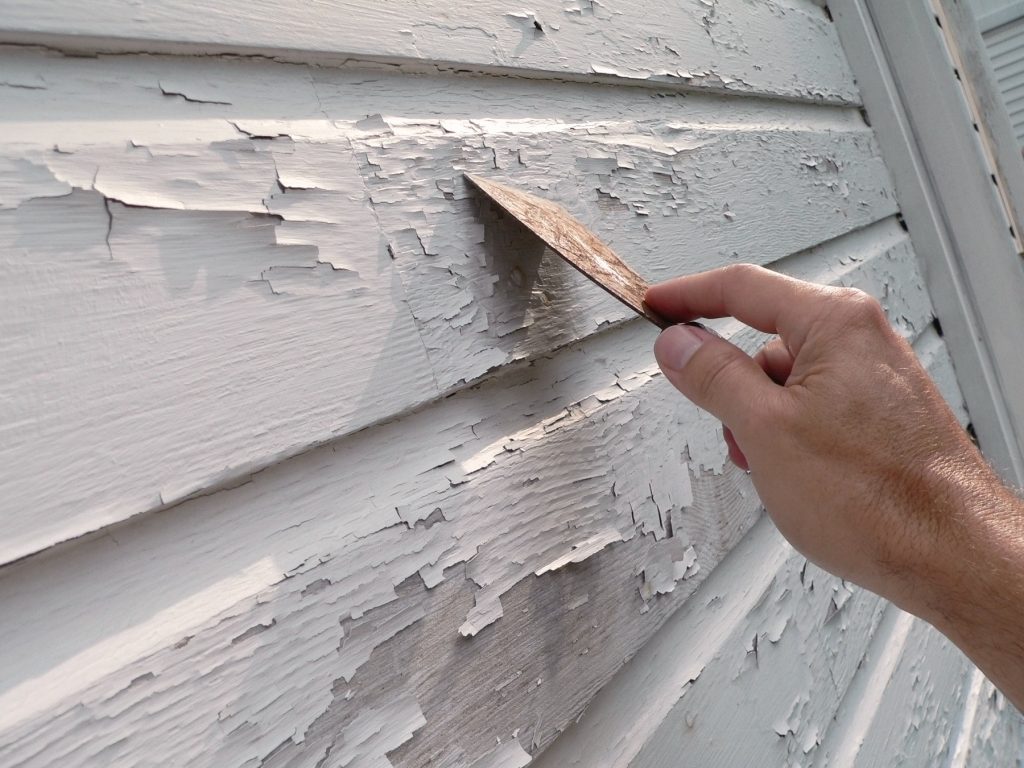
What Is The Difference Between Lead Inspection and Lead Risk Assessment?
A Lead Inspection is a surface-by-surface investigation to determine whether there is lead-based paint in your Houston TX area home or child-occupied facility, and where it is located. Inspections can be legally performed only by certified inspectors or risk assessors. Lead-based paint inspections determine the presence of lead-based paint. It is particularly helpful in determining whether lead-based paint is present prior to purchasing, renting, or renovating a home, and identifying potential sources of lead exposure at any time.
Superior Mold Testing
A Lead Risk Assessment is an on-site investigation to determine the presence, type, severity, and location of lead-based paint hazards (including lead hazards in paint, dust, and soil) and provides suggested ways to control them. Risk assessments can be legally performed only by certified risk assessors. Lead-based paint risk assessments are particularly helpful in determining sources of current exposure and in designing possible solutions.
You can also have a combined inspection and risk assessment. With any of these options, we will provide you with a written report of findings.
What Do I Do If Lead-Based Paint Is Found In My Houston TX area Home?
Lead exposure is serious business. To protect you and your family from lead hazards, Asbestos & Mold Services LLC (a certified risk assessor) can assist you in reviewing the report, and help you decide whether abatement (eliminating lead hazards completely) or continued good maintenance (managing potential lead hazards) is a better option for you. A competent lead-based paint professional will know how to work safely and will have proof of certification.
Dependable Inspection Services
Asbestos & Mold Services LLC (AMS) is committed to providing our clients with the best quality testing, state-of-the art inspections, timely reporting and unprecedented service.
Should My Houston TX area Home Be Tested for Lead?
Asbestos & Mold Services LLC, a licensed lead risk assessor serving Houston and the surrounding Texas areas, can help you decide among these options.
- Lead from paint chips, which you can see, and lead dust, which you can't always see, can be serious hazards.
- Peeling, chipping, chalking and cracking lead-based paint is a hazard and needs immediate attention.
- Lead-based paint may also be a hazard when found on surfaces that children can chew or that get a lot of wear-and-tear. These areas include windows and window sills, doors and door frames, stairs, railings and banisters, and porches and fences.
- Lead in soil can be a hazard when children play in bare soil, or when people bring soil into the house on their shoes.
- Lead can be found in plumbing and tap water. Some older houses in the Houston TX area still have lead plumbing. Even in houses that have copper pipes, lead solder was often used to bond these pipes together.

Most water systems test for lead as a regular part of water monitoring. These tests give a system-wide picture, but do not reflect conditions at a specific household faucet. If you want to know if your home’s drinking water contains unsafe levels of lead, have your water tested. Testing is the only way to confirm if lead is present or absent.
